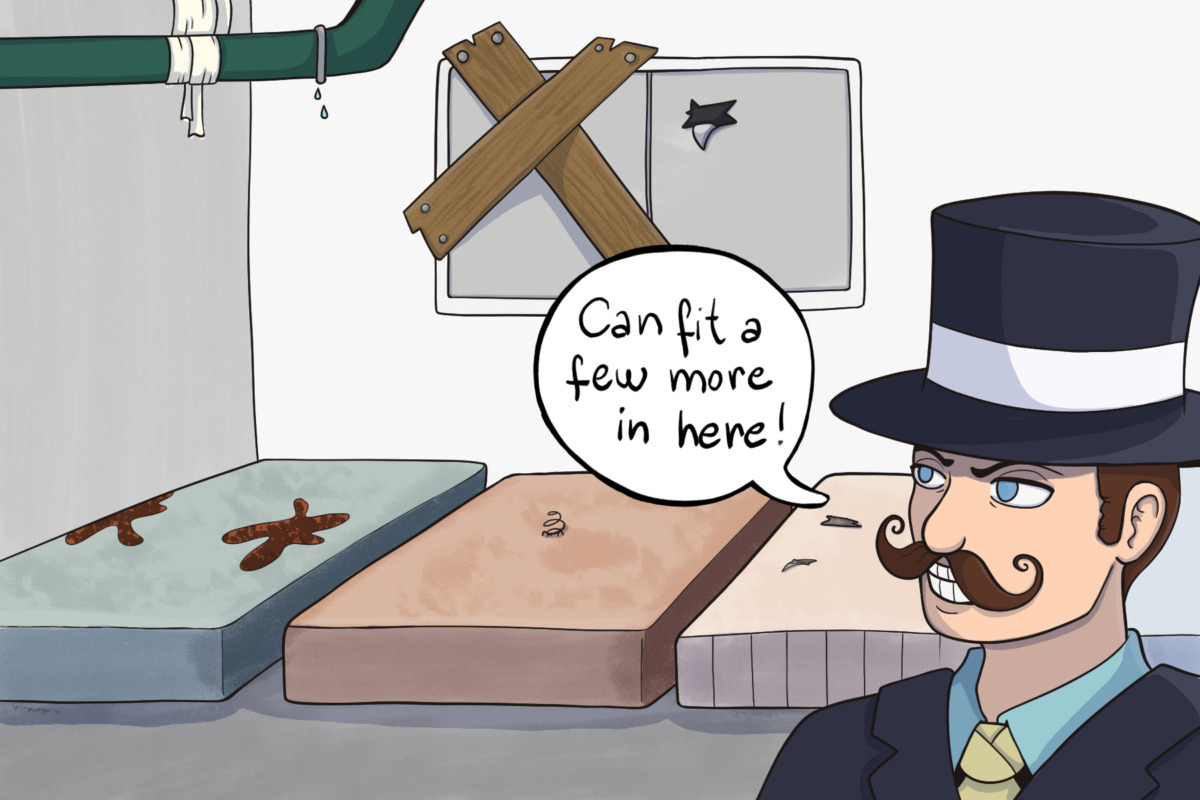
The Italian feature film The Border was one of the most talked about movies at this year’s Toronto International Film Festival (TIFF).
To recreate the frightening reality of a country where civil war is continuing at full strength, director Alessio Cremonini involved non-professional actors and refugees.
After working for more than one year on Syria at that time, Italo-Syrian journalist Susan Dabbous was invited on the board as a co-writer and a specialist in real refugee stories. The movie’s plot developed over the risky journey of two deeply religious sisters, Fatima and Aya, who flee towards the Turkish border after Fatima’s husband decides to defect to the Syrian Free Army, was familiar to Dabbous.
“What is important to me as a journalist, this movie is very realistic. Even if it’s not a true story, I was connecting different ones that I have heard from real refugees. So I knew how it works. If you defect, then you have to protect your family. Your family becomes a refugee because you have a pretty big problem with security. For women it’s even worse because you can be targeted for other abuses,” said Dabbous. “It is one of the few movies about Syria during the revolution or during the war.”
The cinema conflict, starting on the territory of Latakia province, became very fateful for Dabbous. Three years later, on April 4, 2013, she and three Italian male journalists were kidnapped in the same area by an Islamic group Jabhat al-Nusra, affiliated with al-Qaeda. “It was just a coincidence. Our life is strange, really strange,” said Dabbous.
After 10-15 minutes of arriving in Ghassaniya to film a desecrated church, under the guidance of a local priest Father Francois Murad, who was living in the village with three other people as other Christians fled due to safety reasons, Dabbous and her colleagues from Italy’s Rai TV’s were kidnapped.
Accused by Jabhat al-Nusra of being spies, the journalists were kept in captivity until April 13, 2013 while the Italian government was making all the efforts to release them with the support of a mediator.
“In my case they were quite convinced that I was a spy. So this was very dangerous,” she said. “Thanks God the Italian government did well. When they were in touch with the group, they said four of them are Italians and Susan is also Italian even if she has a Syrian origin. The problem at that time during negotiations was they wanted to free just the guys and to keep me there.”
Dabbous’s mixed background (born in Syria, grown up in Italy, and based in Lebanon) was working against her. Even being originally Syrian, at that time she thought “the land where she was born could be the land where she was going to die”.
“They were very confused by my character. They don’t accept that a woman works and works in a war zone, travelling while she is not accompanied by any family member,” she said. “The problem was also that my father is Muslim and my mom is Christian. I was a very targeted mix for them.”
Being the only woman in the village, Dabbous was following all the rules and Muslim traditions to get the respect of the rebel group: she didn’t talk without their permission, and she was learning Koran along with cooking.
“I found if they wouldn’t respect me, they may abuse me, and that was the most terrible thing because there were tons of them, 50-70 fighters. If you start thinking about it for one second, you become crazy. So I said ok, I am originally Muslim, I can be Muslim, and I want them to respect me,” said Dabbous.
After being released, Dabbous was going through a physiologically unstable condition and never went back to Syria. Later this year Dabbous found out that Father Fransua had been shot in June.
“I was not very surprised because it was quite evident that they hated him and they had beaten him. He was not afraid to answer them. He was dealing with people with weapons, knowing they have very terrible terroristic ideology. He was dealing with them defending his place and his church. He was trying to keep sort of dignity but that time I was terrified and I was doing exactly what they wanted,” said Dabbous.
According to a press freedom barometer published by Reporters Without Borders 25 journalists have been killed, 33 imprisoned, 17 citizen journalists and netizens imprisoned and 80 killed since March 2011.
According to Dabbous, about two journalists are being killed every week carrying out their work in Middle East and this number is constantly growing.
“It has got a lot more difficult for journalists to safely report inside Syria. The situation is very chaotic and out of control. There are lots of different armed groups. Some of them are attached to al-Qaeda and are keen to make money by kidnapping foreigners. Some still have connections to the Syrian government who wants to capture foreign journalists. There are lots of threats. It is very dangerous to cover Syria and it is also very hard to cover it properly. It is very hard to get around the country safely and it’s difficult to be free to talk to whoever you want,” said Dabbous.
“But I think it is still important work because there are still terrible things happening to the Syrian people every day and it has become a hidden war. Outside Syria we don’t hear or see many of the things that are happening on the ground.”


